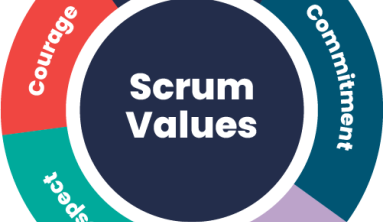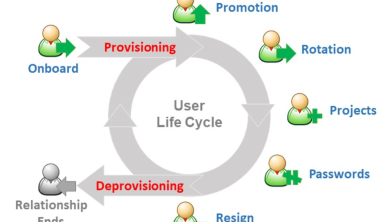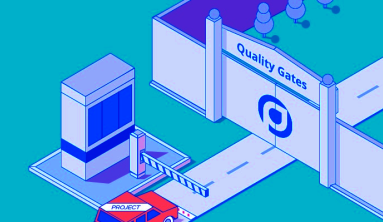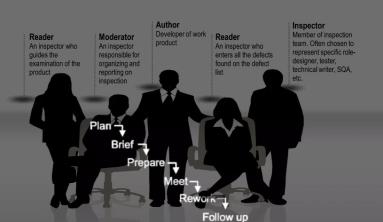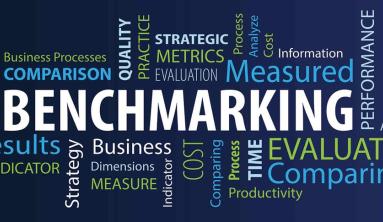If you’ve got a business need for custom software and are looking for a development company to create it, your first step should be a software development brief. A well written brief not only ensures your software developer really understands your business, but it also sells them your vision and how it will work.

Bespoke software refers to the custom code written by a developer when a company requires a piece of software to perform a very specific task or function and there’s no existing software that does what they need.
As such, bespoke software is specific to the task it’s designed for and can be as simple as a calculator application or as complex as a word processing application.
Choose a software partner you trust
To successfully realise the vision of your software, the first step is to find a software development company that is aligned to your vision, speaks your language and shows it can deliver on its promise – in other words one that you can trust to do the job. In essence that means getting on with the people at a personal level and making sure the development team can demonstrate their way around the technology, without losing you in the terminologies. Ensure they can discuss the project with you in clearly understood language, so keeping you firmly as part of the discussion.
Do your research and find a development company that routinely works in partnership with its clients to understand their unique challenges; preferably one that uses technically experienced project managers as the main contact point with clients, not a sales person. A team made up entirely of IT professionals is more likely to practice a collaborative style of working and arrive at an intelligent solution to your needs.
Having shortlisted your likely development company, the next step is to arrange a briefing, which can follow an initial phone call or website enquiry. It’s at the initial briefing that you can best learn about the development process they practice and gauge the mind-set of your prospective developer – hence the importance of having a good brief from the outset to show.
It’s at this stage you may want the developer to sign a Non-Disclosure Agreement, or NDA. The NDA is a legal agreement between your prospective software development company and yourself not to disclose any information relating to your project to anyone else, and it’s something that’s usually signed before going into detailed discussions with your chosen development company. You can read more about NDAs here.
The Brief
Your software developer needs to really understand your business, and that means selling them your vision and how it will work, possibly underpinned with logical argument or evidence. By going into a briefing as if you were the seller, rather than a buyer, means you’ll fully engage your audience and avoid the risk of painting your brief in broad brushstrokes.
If you’re new to software development, the first rule is to keep your written brief simple and to the point. A brief should detail the main ideas and plans for your software project, as well as any specific functions you had in mind. Ultimately the brief should serve as a starting point for the project, which becomes more fleshed out as the meeting progresses.
If you’re familiar with outsourcing technical work, then you’ll be aware that the more detail you can provide, the quicker the developer will nail the scope of the project. A simple outline will provide the shape of the software that needs to be created in order to meet your unique requirements. The software developer can then go on to properly scope the project once they’re formally engaged.
A well-executed brief that is clearly understood by the developer can significantly impact the length of the scoping phase, often reducing it significantly.
In an ideal scenario, the client has thoroughly considered all elements of the project and can describe not only the features, but sketch out how the application may look too. The developer can then flesh out the features, make recommendations, and provide the technical expertise to get the project moving.
Not only does a brief help the developer to understand the client’s requirements, but it also provides a step of instructions or features needed to complete the project.
Additionally, if you write a software brief, you’ll feel more confident in covering all the essential points during the first meeting with the developer, and there will be fewer surprises when it comes to starting work on the software itself.
The brief should consist of:
1. Overview
An overview summarising the project’s requirements or the problem that needs to be solved. An overview should explain what the project is expected to achieve or what business problem needs to be solved. It should also explain why the project is being undertaken.
2. Personas
Who will be using the software? How will it be accessed? Personas are the groups of people who will use your software and their methods of working, assumptions etc. Having an idea of who will use the final software will impact the look and the feel of the software and how it should be presented.
3. Specifics
Have you thought about any specific features you’d like the software to have? Was there a particular ‘eureka’ thought that triggered the idea’s development?
- List in order any initial ideas or suggestions you have for the main features of your project. Let the developer know which elements of the project are essential, which attributes that would be nice to have and features that are less urgent and could come later.
- You’ve probably thought long and hard about your project and how it should all come together. That means (hopefully) you’ve probably already got a bag full of sketches, diagrams, graphic designs and so on that you could use to help illustrate your vision. Use them to provide greater clarity!
- Does your project need to integrate with any existing systems? If so, it’s important to brief your software developer as it could change how the software is built.
4. Delivery
What timeframe are you working with to get the project started and delivered? Do you have any restrictions? It’s also helpful to provide an indication of your budget, so the software developer can work within your practical constraints.
Summary
All software development companies are not the same. Ideally, you want to trust the software development company to deliver the agreed software before tendering the contract. Look for a company that can demonstrate a track record of successfully delivering projects. Look for client testimonials and feedback. Look for a collaborative approach. And last but not least – look for a company that’s aligned to your vision and speaks your language.
Raspal Chima (bbconsult)

